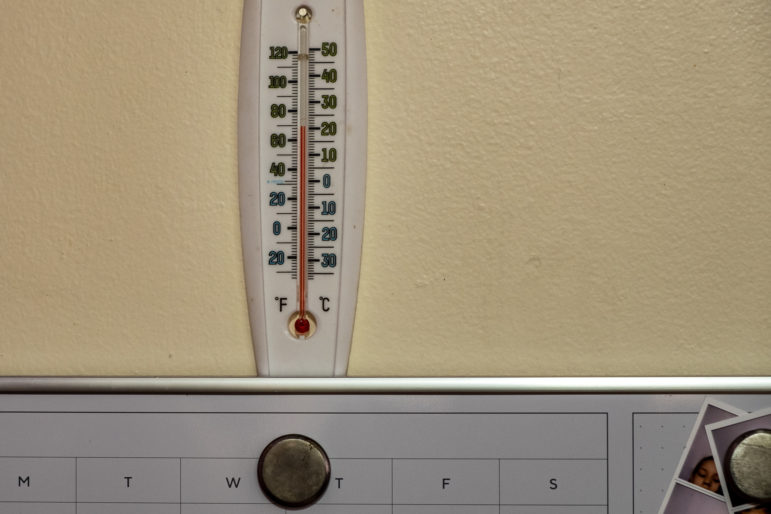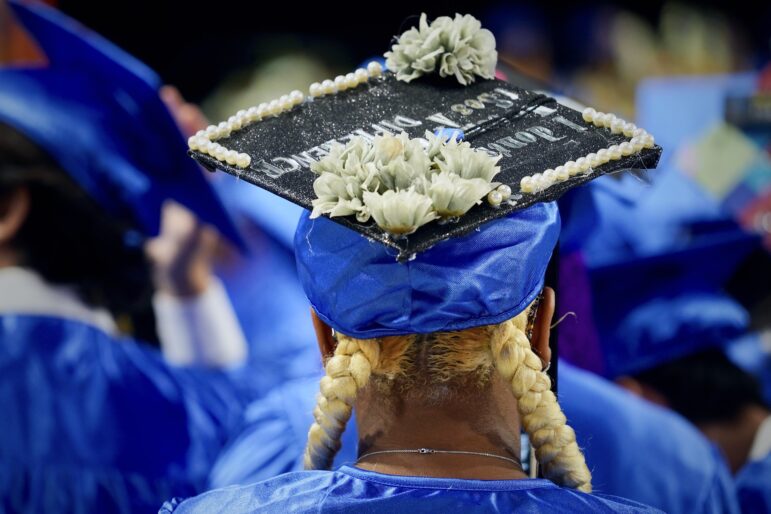A super-significant presidential election with a super-enthusiastic electorate is focusing more attention every day on one usually overlooked aspect of Democratic party politics: the role of superdelegates in selecting the party’s presidential nominee.
A band of New York City activists is challenging the potential for superdelegates – rather than primary and caucus voters across the country – to select either Senator Hillary Clinton or Senator Barack Obama as the party’s nominee at the Democratic National Convention in August. With a website launched Thursday called Respect Our Vote, this loose group of largely Brooklyn-based Obama supporters is urging voters to sign a petition calling on superdelegates to support the candidate who wins the most delegates in the state contests held between January and June.
That’s despite the fact that superdelegates, a 795-strong group of party leaders and elected officials, each may cast one vote for whomever they please – thus enabling them to potentially cast the deciding votes for Democratic party nominee in what’s become a tight race. As of today, according to Real Clear Politics, Obama has 1,134 pledged delegates to Clinton’s 996; but Clinton has 239 superdelegates in her camp versus Obama’s 168, with 388 uncommitted. In Democratic primaries, delegates are allocated proportional to the share of the vote won, whereas in Republican primaries the winner takes all delegates.
The Respect Our Vote petition drive garnered about 500 signatures in its first four days, said Michael O’Regan, 25, a Fort Greene resident active in the effort. “This is about having a candidate who has the full support of the party moving into the general election,” said O’Regan, who works as a community health organizer and has been lending a hand in the local Obama campaign. He estimated that about four dozen people developed the website idea in online discussions, with five people volunteering many hours to create it.
O’Regan and friends didn’t know that MoveOn, the progressive political organization claiming 3.2 million members, was simultaneously launching a similar petition drive last week. “The story on superdelegates is definitely snowballing,” he said. “It’s becoming more of an issue as people become more aware of it.”
In fact, the New York Times reported Saturday that former Vice President Al Gore and other Democratic party elders are working behind the scenes to avoid a scenario in which the superdelegates’ vote goes counter to the popular vote.
“I’m a Democrat. We’ve had so many bad years, and at this point I feel like the Democrats have built up quite a bit of momentum, and rightly so,” says Harold Butler, 34, another Fort Greene resident active in the Respect Our Vote effort. “I don’t want to see people disenfranchised … that’s what we’ve had in the past,” said Butler, the dean of students at Metropolitan Corporate Academy High School in downtown Brooklyn.
New York State Democratic Committee spokesman Jonathan Rosen says worry about superdelegates’ role is “premature and purely hypothetical.” Like most of the state’s elected officials and party leaders serving as superdelegates, Committee chairs June O’Neill and Dave Pollak are pledged to Clinton.
“We are confident the process will work, and at the end of the day there will be a clear nominee that all delegates will be proud to rally around and send to the White House,” Rosen said.
Unpledged superdelegates “will do the right thing to ensure that we are a united party heading into the general election in November.”








